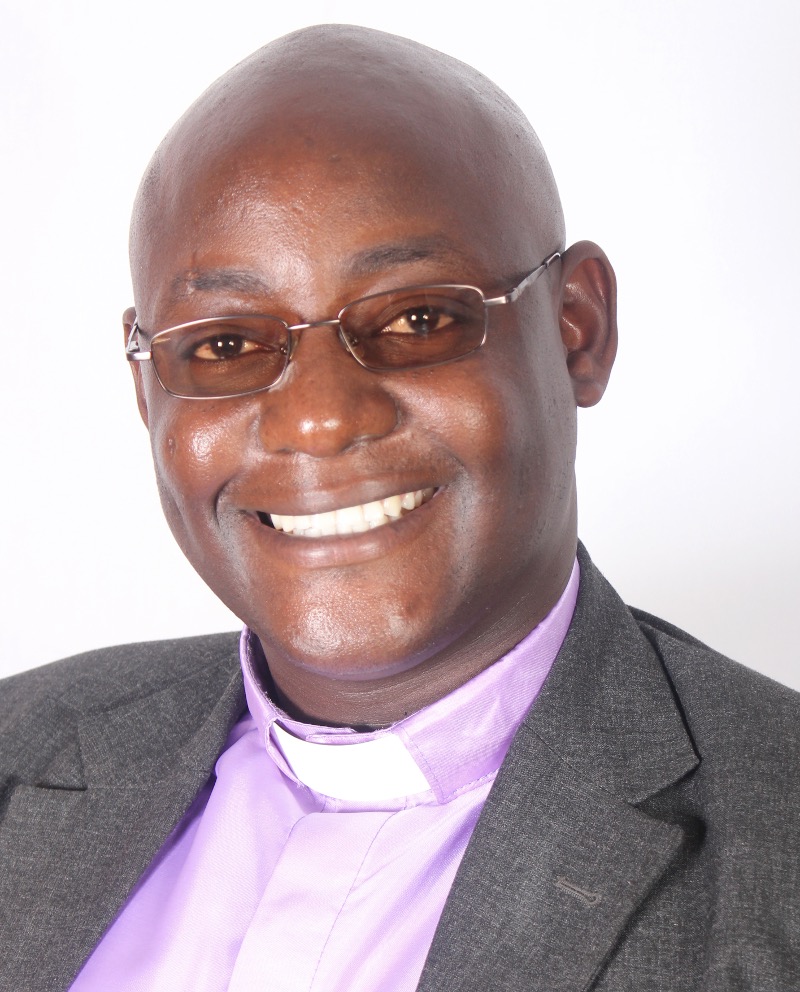Published
3 years agoon

Dr. Kernan Mzelikahle, PhD, 07/02/2021
The doctrine of separation of powers is a libertarian doctrine based on the need to seek a tripod balance among competing arms of government.
It is assumed that due to complementation, a system of checks and balances would allow power not to be concentrated in one arm of the government.
However, in many States, particularly in those that leapfrogged from non-democratic systems to democracy, the different arms begin to compete against each other rendering the exercise of checks and balancing difficult.
In the case of Jacob Zuma and the state capture allegations, it is without doubt that the judiciary encroached into the powers vested in the Executive arm. The question of why the judiciary would do such a thing lies not in the merit of the allegations, but in the possible vested interests within the judiciary.
In many cases, members of the judiciary have made public comments against corruption in South Africa. These comments have bordered closely to being political statements. It may, thus, be concluded that the South African judiciary is not devoid of political interest.
A statement by Chief Justice Mogoeng (March, 2013) titled “Corruption: A threat to our constitutional democracy” speaks strongly against corruption as a cancer that would betray the South African democracy.
However, this statement does not sound entirely a judicial assessment based on constitutionality alone but also based in opinion.
In that speech, Chief Justice Mogoeng said “when corruption becomes endemic in a country, the lifespan of a true constitutional democracy could not be guaranteed”.
The Chief Justice buttressed his assessment by highlighting that “the far-reaching implications of corruption tend to drive its victims to a boiling point and moves them to the level of desperation that renders even their resort to life-threatening measures or responses to corruption look like they are worth the sacrifice”.
Once judges wield opinions, it may be interpreted to say that they would have digressed from their primary position of impartiality. It is a fact of history that opinionation breeds political entrenchment.
This implies that the South African judiciary has a political perspective that it seeks to uphold. It therefore comes without surprise that Ms. Madonsela acted to satisfy her suspicions, without sufficient ground in the case against President Jacob Zuma.
Consequently, her possible political opinion weighed heavily, likely more than her judicial assessment, to the effect that she acted on possible political conviction rather than judicial procedure.
This implies that the South African judiciary, in a sense, undermined the Executive arm during President Zuma’s tenure.
Mr Mawere is correct in his assessment that President Jacob Zuma was left with nowhere to turn to, in order to seek redress of the situation.
In as much as corruption is a cancer that has the potential to undermine South African democracy, the undue interference of the South African judiciary may equally be a threat to the democracy.
Without doubt, South Africa, like many other leapfrogged democracies in Africa, need to find a sweet-spot of stability that balances out the role of checks and balances, as well as allowing sufficient space for the Executive to function in confidence.
To add to Mr Mawere’s observations, the problem with many democracies lies in the competition to attainment of power. In many such democracies, the Executive usurps power from both the Legislative branch and the Judiciary.
However, in South Africa’s case, it is the Judiciary that seems to spread tentacles beyond its mandated constitutional reach.
Given that “there is a strong view being expressed [in legal circles] that in terms of s84(2)(f), it is the President who is vested with the power to appoint a Commission of Inquiry and as such the order by Ms. Madonsela was ultra vires the Constitution”. A red flag is raised as to the motives of the Judiciary.
How long would South Africa limb before members of the Judiciary are seen participating in the political space, in one form or the other.
Mr Mawere stops short of drawing a possible conclusion that highlights what happened with President Zuma as an unconstitutional judiciary assisted transfer of power.
One would then have to wonder if the judiciary (if it continues in this path) would not become a threat to democracy itself.
Dr. Kernan Mzelikahle, PhD, is an apolitical analyst, and may be contacted by cell-phone on +263775195334, or by email on [email protected], twitter handle is @Mzelikahle.
Dr. Kernan Mzelikahle, PhD, is an Apolitical Analyst. Contact Details: +263775195334, Email: [email protected], Twitter: @Mzelikahle




Warning: Undefined variable $user_ID in /home/iniafrica/public_html/wp-content/themes/zox-news/comments.php on line 49
You must be logged in to post a comment Login